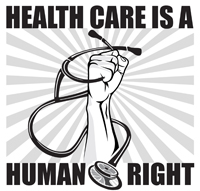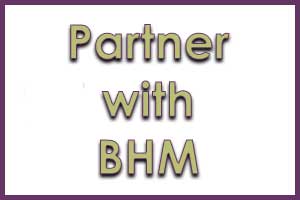Back Pack Health Worker Team Training
BHM supports the training of new back pack medics – young men and women who are committed to serving their villages and people.
At our core, BHM seeks to empower the ethnic minorities to care for their people – a true capacity building enterprise! Our efforts start with supporting BPHWT to recruit and train the next generation of backpack medics. These dedicated men and women learn the basics of first aid, medicines, maternal and child care and community health practices during a 7 month training program in a safe area of Karen State.
In 2016, we trained 23 new backpack medics. They graduated in December and joined teams in eastern and northern Burma in January 2017.
The teams draw volunteers from all the ethnic groups in Burma to include the Karen, Karenni, Kachin, Palaung, Shan and Mon people. The priority goes to assisting those communities immediately affected by the Burma army’s violence or aggression.
Once trained, the new medics return to their villages and communities. Some serve for a few years while others serve for decades. No matter how long they serve, BHM supports them with their required medicines and supplies.
PRIMARY OBJECTIVES
BHM provides additional support for building facilities and for large items needed by the Backpack Health Worker Teams.
Medical Care Program
The Medical Care Program (MCP) provides the immediate response to treat disease or trauma. As such, it seeks to:
- Provide essential drugs and treat disease and injuries
- Respond to disease outbreaks and emergencies
- Prevent, diagnose and treat malaria
In 2016, Burma Humanitarian Mission (BHM) supported 14 teams and 174 health workers. These teams supported over 30,000 children, women and men in isolated and war-torn areas of Burma. We:
- Provided 867,000 doses of medicine
- Treated over 13,000 patients.
- In 2016, $1 purchased 42 doses of medicine.
Maternal and Child Health Care Program
The Mother Child Health Program provides pre-natal, childbirth and post-delivery support to women and their newborns. It’s an area of acute need in eastern and northern Burma, given the horrific infant and maternal mortality rates (IMR and MMR) endemic to the area.
In 2016, BHM’s supported teams helped deliver 436 new babies. Sadly, 1 newborn died. However the good news is that the IMR was 1.6 per 1,000 births – down dramatically from the 135 per 1,000 documented a decade earlier. At the same time, the overall MMR was 1.1 per 1,000 births – significantly lower than the historical 7.2/1,000 rate.
Community Health Education and Prevention
Backpack medics are instrumental as catalysts of change for their people. The isolated villages and IDP camps lack the amenities of contemporary society – electricity, running water, paved roads and fixed structures.
The medics provide a very proactive community health education program. Their efforts focus on disease prevention for the most prevalent conditions: malaria, dysentery, pneumonia and problem pregnancies. They also promote sanitary conditions with securing clean water and building and instructing on how to build latrines. The medics also share information on malnutrition, waste disposal, Vitamin A, de-worming medicine, and high-risk pregnancies.
One method to assess CHEPP’s impact is to compare the quantity of patients treated for malaria, dysentery and pneumonia in 2003 to the quantity of patients treated in 2016. Fewer Patients = Fewer Deaths. In addition, a lower incidence of malaria, dysentery and pneumonia translates to an improved quality of life!
In 2016, our backpack medics efforts reduced
- the malaria rate from 11.8/100 people to 0.8/100 people.
- The dysentery rate from 2.8/100 people to 1.2/100 people
- The pneumonia rate from 2.8/100 to 2.5/100 people
- In 2016, $2.35 treated each patient - including medicine, supplies, transportation and other expenses.



